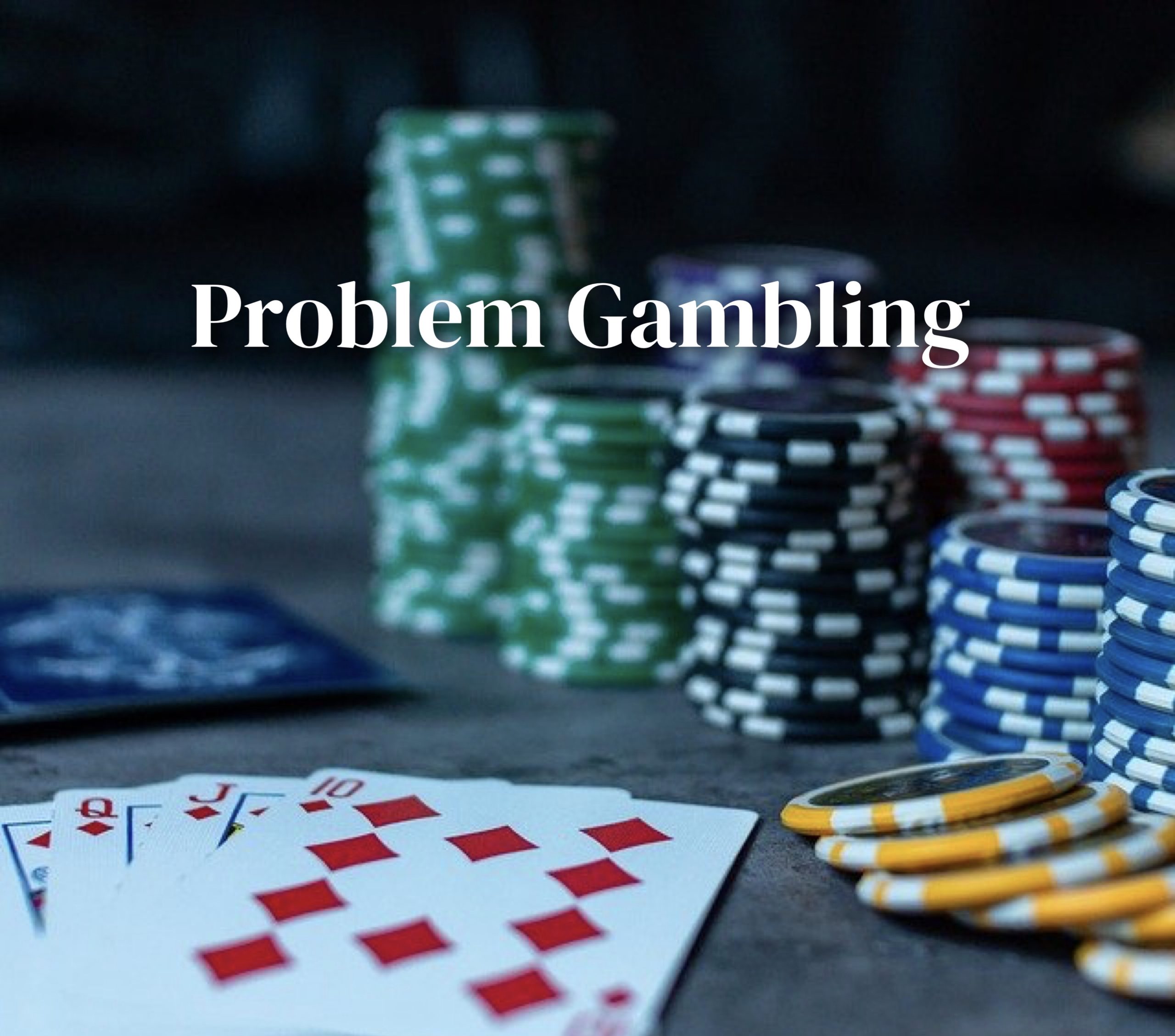What Causes Gambling Problems
The Causes of Gambling Addiction Posted On May 1, 2013. Every person’s gambling addiction story is different. Some problem gamblers started to make money, others began because it was a good distraction from other emotional or physical issues, and many people crave the thrill gambling creates due to chance of winning money or other prizes. One of the reasons for gambling is that it's human nature to feel excited when taking risks and the positive feeling gained from gambling is no different. 'Will my numbers come up?' 'Will my team win?' The sense of anticipation creates a natural high, an adrenalin rush, a feeling that very many of us seek when looking for fun and entertainment.
What is gambling addiction?
Gambling refers to an activity in which a person risks something valuable to them in order to win something in return. Common forms of gambling include betting in casinos or on sporting events.


Gambling disorder describes a loss of control of gambling behavior that causes significant problems with finances, work, or personal relationships. Sometimes it is also called compulsive gambling or problem gambling. People with a gambling disorder are unable to control their gambling activities.

How common is gambling addiction?
Compulsive gambling affects an estimated two to four percent of the population in the United States.
What causes gambling addiction?

An uncontrollable desire for the rush or excitement of winning can lead to compulsive gambling. There is no known cause for this disorder. In some cases, the condition runs in families.
What Causes Gambling Problems Since

What are the symptoms of gambling addiction?
Signs of gambling addiction include:
What Part Of The Brain Causes Gambling Problems
- Thinking about gambling more often; having a craving for gambling that grows in intensely
- Gambling money or possessions you don’t have
- Needing to make bigger bets more often to achieve the rush of excitement
- Becoming irritable or restless when trying to stop or slow down gambling
- Chasing losses (gambling after losing money to win back the loss)
- Continuing to gamble even when it negatively affects finances, work, or personal relationships
- Lying to keep gambling activity secret
- Difficulty controlling gambling activity
- Gambling when feeling anxious or agitated or to manage other uncomfortable feelings
- Seeking financial assistance from others due to money problems from gambling